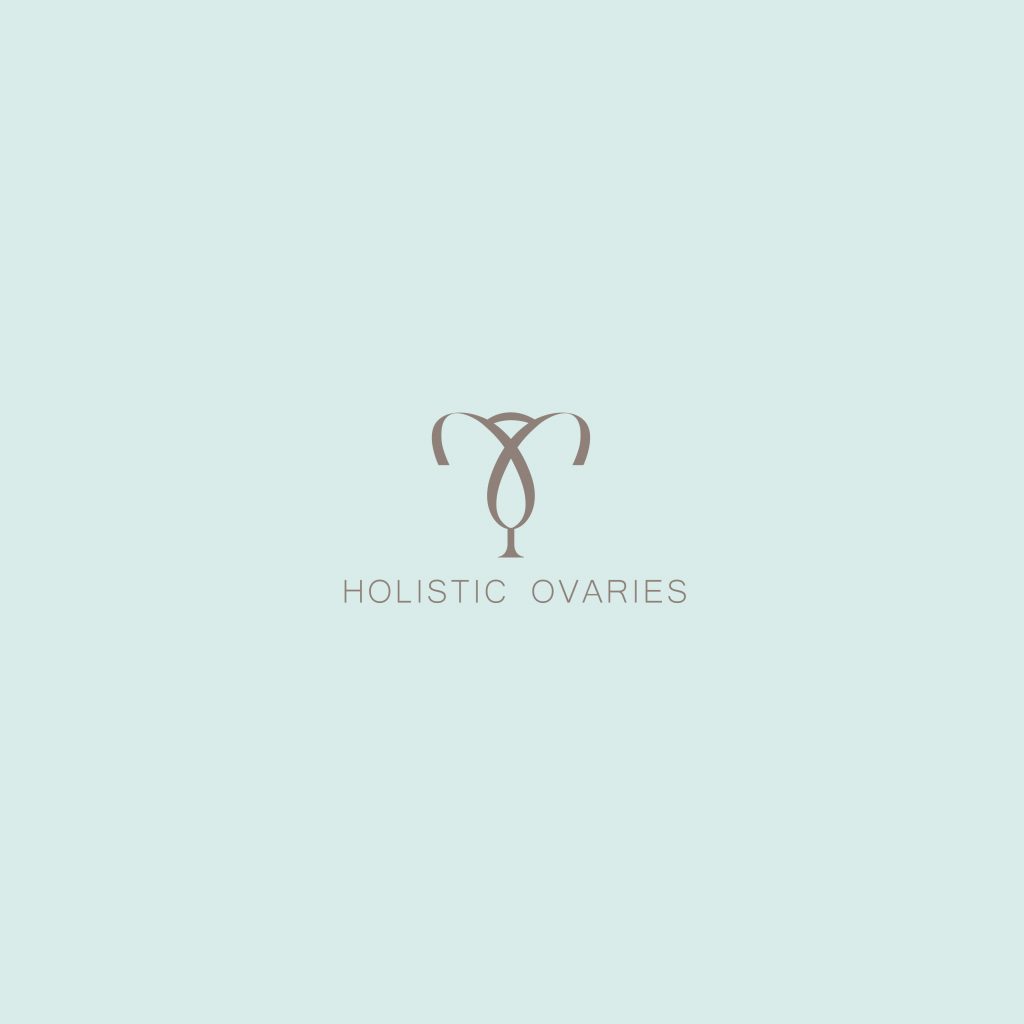What is PCOS?
Polycystic Ovary Syndrome - Let’s start by uncovering the name
Polycystic Ovary Syndrome - Let’s start by uncovering the name
I remember when I was finally diagnosed with polycystic ovary syndrome. I was thinking PCOS sounds like a fancy name. And yes indeed it is a “fancy” name that it is not easy to understand at first. So let’s have a look what is covered behind PCOS:
SYNDROME
Syndrome – group of signs and symptoms occur together. Very often the symptoms seem unrelated.
Syndrome means that a group of signs and symptoms occur together that are indicative of a specific disorder. You don’t have to have all of the symptoms to be diagnosed with a syndrome.
Same with PCOS you don’t need to meet all the criteria to be diagnosed with PCOS. It is enough that you meet 2 out of 3 criteria specified in Rotterdam Criteria.
PCOS affects different hormones, resulting in a collection of symptoms that vary from woman to woman. Your PCOS symptoms might be completely different from mine, but we still come under the category of the same disorders – endocrine and metabolic disorder.
Very often the symptoms seem unrelated. Try to connect acne, lack of sleep, dark skin patches, anxiety and no ovulation. That’s why many doctors will try to cure symptoms separately without realising that they are all connected into one syndrome – PCOS.
It is quite complicated, because PCOS is a group of symptoms that we are still not able to understand enough. Doctors and researchers did not yet figure out the underlying specific processes and treatment for PCOS.
POLYCYSTIC OVARY
Polycystic Ovary – Some women with PCOS have small cysts in their ovaries. That’s why it’s called “polycystic.”
But the name is misleading, because many women (approximately 30%) with PCOS don’t have any cysts. And around 20% of women who have cysts on their ovaries will not suffer from PCOS.
Remember small cysts in your ovaries are a symptom of PCOS, rather than its cause. I will explain that in detail soon.
POLYCYSTIC OVARY SYNDROME
The term “polycystic ovarian syndrome” was formulated 80 years ago, but it does not fully describe the complexity of this disorder.
Several debates and surveys proposed to rename PCOS to “Metabolic reproductive syndrome”. But it is important to note that PCOS is not just reproductive dysfunction, but it contains endocrine, metabolic and psychological implications and consequences to our health.
I don’t think that simply changing the name will improve the way PCOS is diagnosed and treated right now.
What needs to change is the education and attitude of our doctors towards PCOS and to us patients who suffer from PCOS.
What needs to change is availability of relevant information about treatment plans available to every woman with PCOS.
What needs to change is general awareness in society about women’s health problems.
And that’s a long way to go.

Soon we will dive deeper into the PCOS.
For now I want you to remember that syndrome is not a disease. PCOS is not a disease. And even if the PCOS cause is not well known it is possible to manage the disorder and have a relatively normal life.
Let me know if you have any questions so far.
Yours Agnese

References:
Khadilkar, S. S. (2016). Polycystic ovarian syndrome: Is it time to rename PCOS to ha-pods? The Journal of Obstetrics and Gynecology of India, 66(2), 81–87. https://doi.org/10.1007/s13224-016-0851-9
Sherif, K. (n.d.). ‘metabolic reproductive syndrome’ proposed as new name for PCOS. Healio. Retrieved February 8, 2022, from https://www.healio.com/news/endocrinology/20160707/metabolic-reproductive-syndrome-proposed-as-new-name-for-pcos



